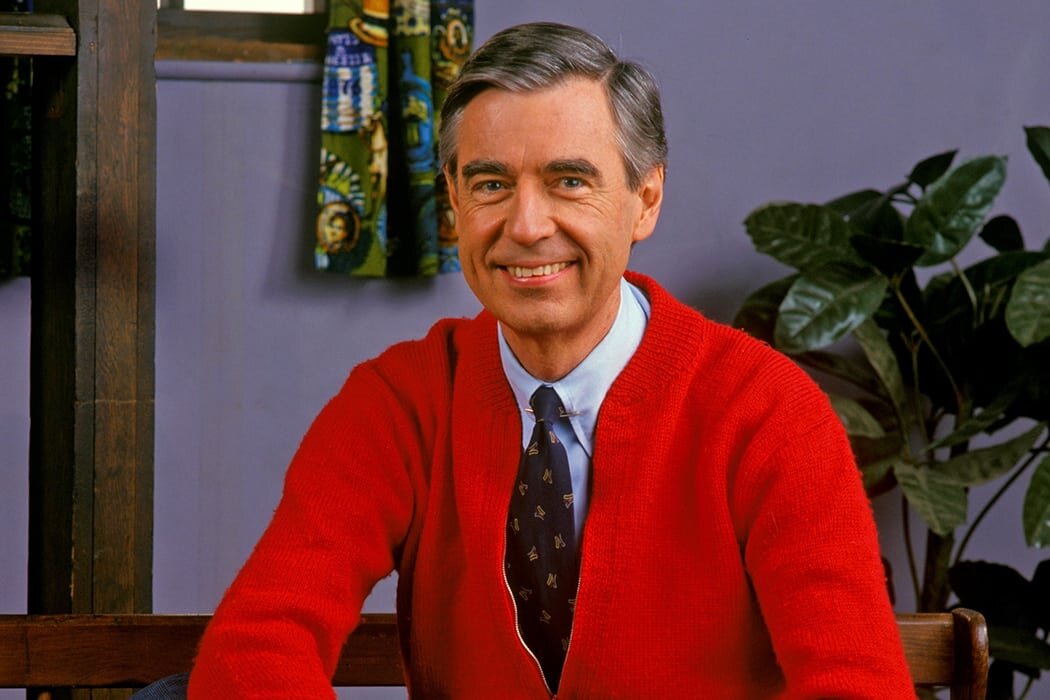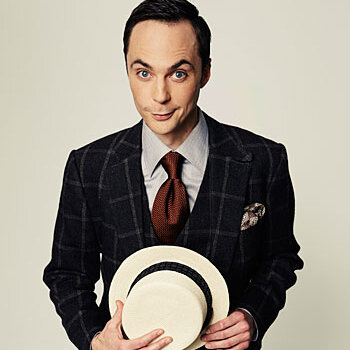By Max Phillips • Originally published on FifiLaBouche.com
Mr. Rogers may have welcomed us to his neighborhood each day, but he likely was no ally to the LGBTQ community
We all remember him as that darling of children’s programming on PBS from his long-running show “Mister Rogers’ Neighborhood.” And he’s been described as socially progressive in his personal life, but it seems that he had no room in the neighborhood for homos.
Case in point, Fred Rogers advised Officer Clemmons, a recurring character on his show played by Françios Clemmons, to stay in the closet. He even went so far as to suggest Clemmons marry a woman if he wanted to continue to be part of the neighborhood.
I was taken aback by this news while I was reading an article in the Advocate about Clemmons’ new book, “Officer Clemmons: a Memoir.”
How could Fred be so cruel? I thought to myself.
I’m a Gen-Xer, a child of the 70s. Mr. Rogers was a personal hero. My young mind was shaped by the likes of “Sesame Street,” “The Electric Company,” and “Mister Rogers’ Neighborhood.”
I also happen to be a gay Gen-Xer, so I get it.
He wasn’t being cruel. He was simply a product of that era. Clemmons claims that behind the scenes, Rogers supported him as a gay man, but he made it clear he could not be out if he were to remain on the show.
This we-love-you-but-stay-in-the-closet attitude defined a generation of LGBTQ who grew up in the 60s, 70s, and 80s. Our depiction in film and television tells the story. Media of that period usually didn’t portray LGBTQ characters in meaningful ways, often making us the butt of queer jokes.
America was laughing at us, not with us, according to Matt Blaum in his video “How Sitcoms Handeled Homos in the 70s and 80s.”
Men like Paul Lynde and Charles Nelson Reilly were the only role models we had to look up to at that time. Mincing sissy-men who drew laughter by leaning into their openly-in-the-closet personas. Regardless of their actual sexuality, the message sent to young minds was clear: homos are hilarious, just don’t be one yourself.
And forget about any representation for the rest of the LGBTQ spectrum. If Lesbians were represented, they were often the objects of male fantasy, while bisexual and transgender characters were virtually non-existent. Acknowledgment of the broad spectrum that human sexuality actually encompasses wouldn’t come for decades.
LGBTQ youth growing up in the internet age are having a different experience. While the not-in-my-backyard attitude still lingers, scores of out, proud, and well-balanced characters now exist on film and TV. And all over the internet examples of real-world LGBTQ folks are serving as role models for all of us.
Even for us queer Gen-Xers.
Be sure to read Advocate’s article on Clemmons, and check out his book that was released earlier this month.






